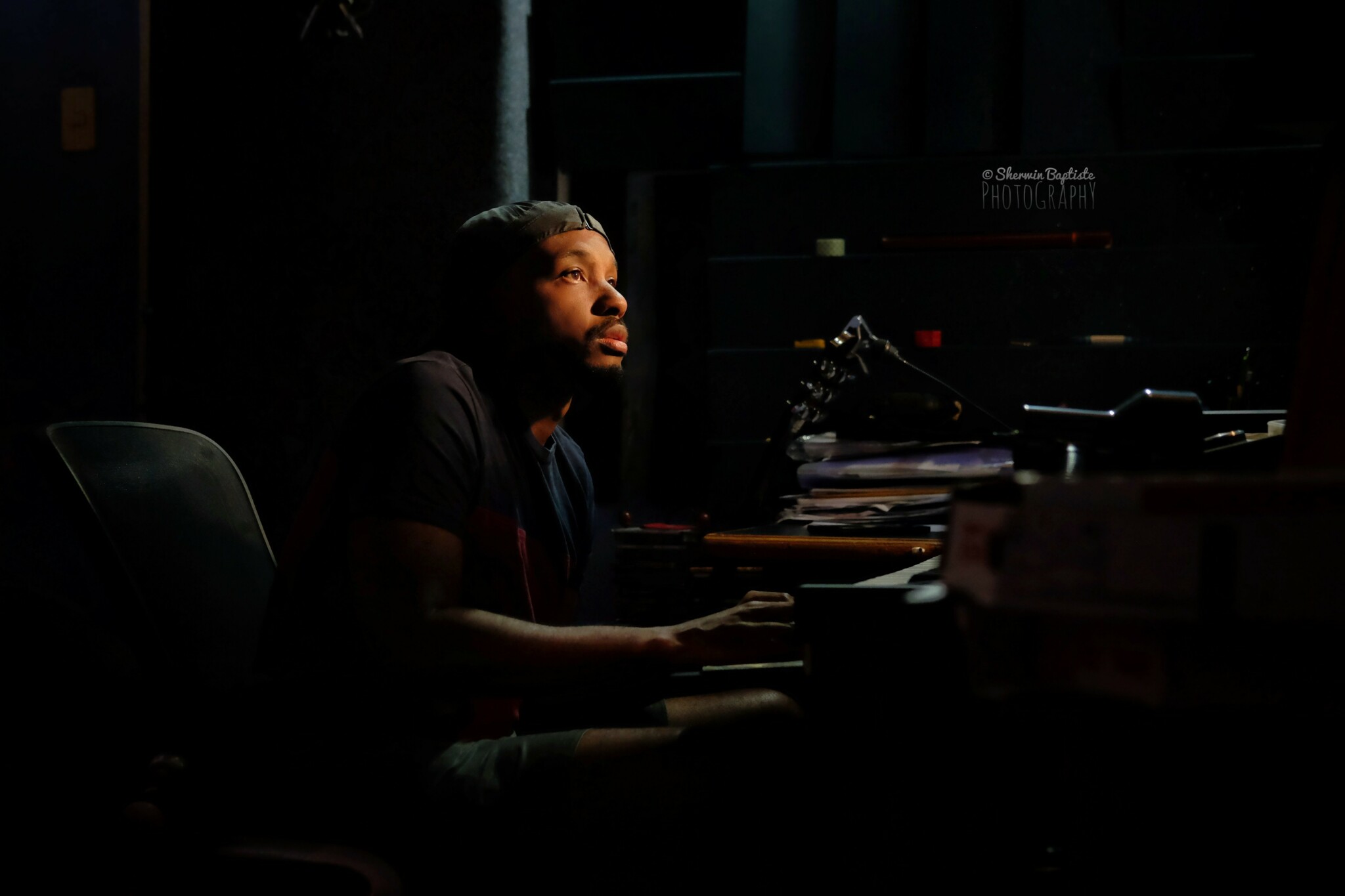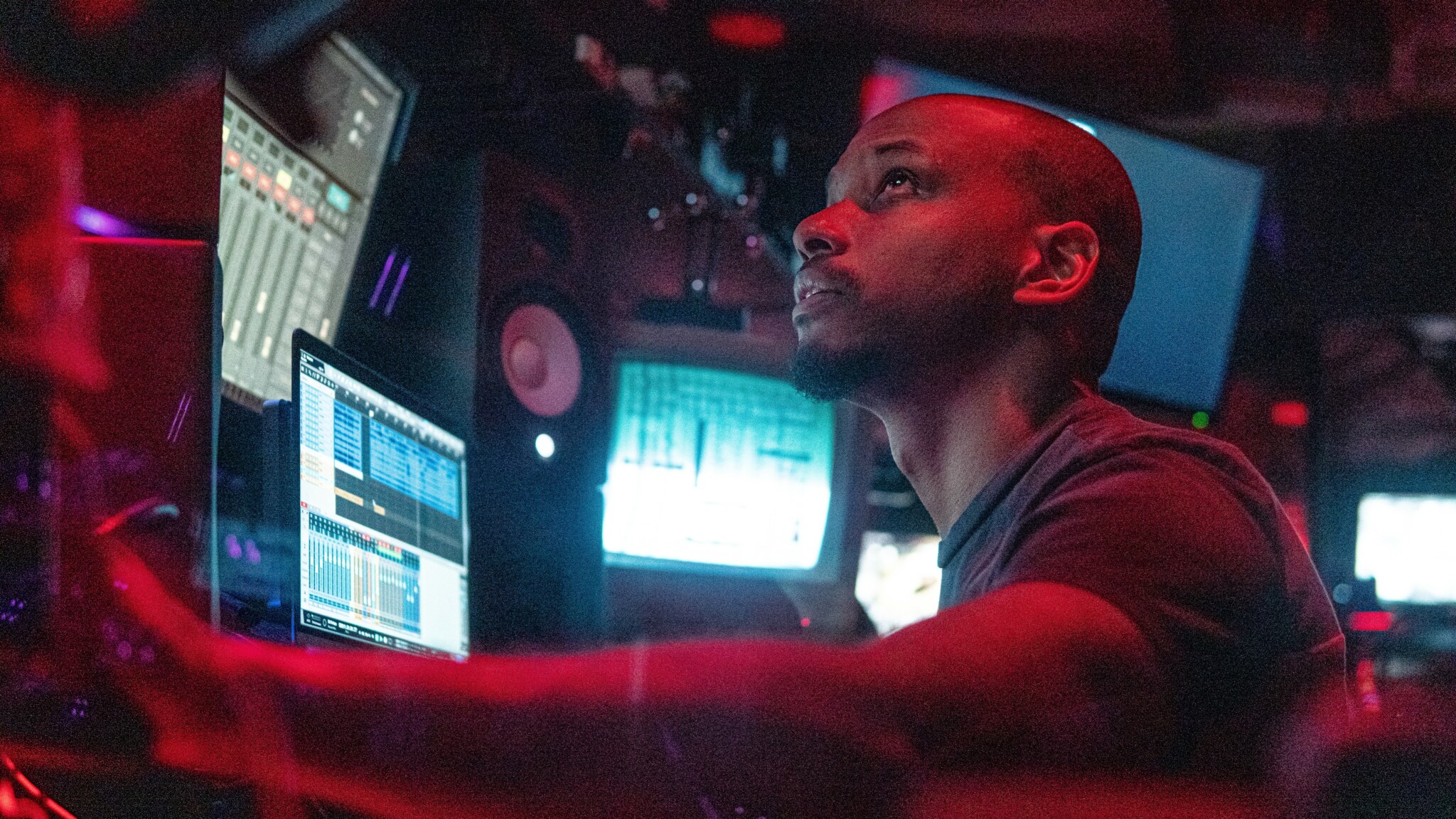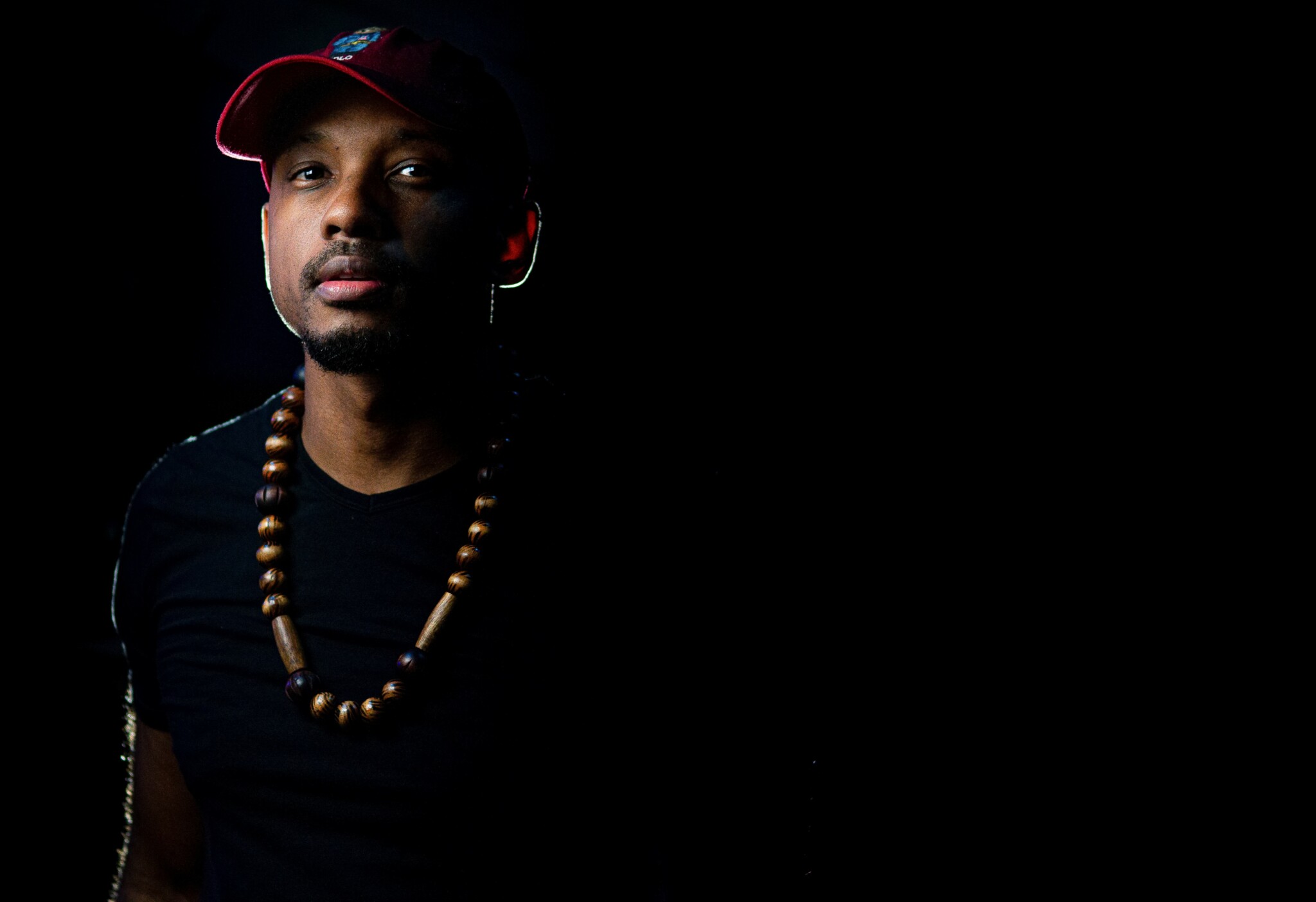Alright – so today we’ve got the honor of introducing you to Kitwana Israel. We think you’ll enjoy our conversation, we’ve shared it below.
Kitwana, looking forward to hearing all of your stories today. When did you first know you wanted to pursue a creative/artistic path professionally?
My creative path didn’t start as a professional one. About 28 years ago when I was 12, I picked up my first music production software and became obsessed with it. My dad was a Music Producer and Artist since before I was born, so I guess it was always in the air. Fast forwarding to working my first job after graduating university, it became pretty evident that this was not the direction I wanted my life to go in. So crazy enough around the time my first son was born, I decided to save enough income to leave my job. A lot of people did not believe it was the best decision, especially as I had a newborn, but I knew deep down if I didn’t try it then I would never do it. Since after that, I never looked back and for the last 12 years, I’ve been consistently growing professionally. There’s no way I would’ve had this amount of freedom, time and even resources if I stayed at that job. It was a risk, but I believe it was inevitable.

As always, we appreciate you sharing your insights and we’ve got a few more questions for you, but before we get to all of that can you take a minute to introduce yourself and give our readers some of your back background and context?
I am primarily a Music Producer and Songwriter in Trinidad and Tobago that goes by the sobriquet AdvoKit Productions. I have dabbled professionally in photography and video production and am quite versed in the business of music, but my passion is in the music itself. Having so much background in other creative fields have given me a lot of insight and a different point of views into the entire picture. I have done a range of musical works ranging from Soca music to pop music to Afrobeats internationally, all the way to ads and corporate endeavors.
My aim when it comes to music is always to evoke the most organic depiction of the Artist and myself. I believe music is a spiritual and emotional journey and the vibrations we embed on the track is felt by the listener. It isn’t just a product but a representation of life.
Some of my achievements that were made over my professional career in music are winning Soca Monarch in Trinidad and Tobago with Olatunji – Ola, producing and writing one of the most popular Soca songs in the last decade (Kes – Hello), collaborating with major local and foreign artists alike and being instrumental in some of the most impactful campaigns locally. But the thing that I am particularly proud of is the success of the young and upcoming industry practitioners that I was able to help and advocate for.
Have you ever had to pivot?
This is a particularly interesting one because currently, I believe I’m going through that pivot in my life. After doing so much in the local Soca industry it feels repetitive, but not in a good way. The politics and bureaucracy of our culture has left things stagnant and something like that does not change easily or by one person. So coming from my degree in Mathematics, I am pretty good at finding patterns and alternative solutions to things. I believe that I am in a position now to use the skills and technical abilities that I have learned to take a leap of faith into the next phase of my career which is aimed at creating a modern genre/interpretation of Calypso music that can be competitive on the world platform. It will take up most of time and resources but similarly to my pivot from working for someone else to owning my own business, I think it is absolutely necessary that I make the jump. There are always shifts in the climate and moments where you will need to adapt and not adhering to it may cause you to fall behind.

We’d love to hear a story of resilience from your journey.
Coming into the Soca Industry in Trinidad and Tobago, I have always been unsure of the “correct” way to mix and master music. I have learned and trained with others and experimented so much in the last 12 years trying to streamline and perfect it, but Soca does not have specific criteria or benchmarks and most of time it ultimately comes down to preference and loudness or how you say “vibes.” But before I get too technical, out of the hundreds or thousands of tracks I have done many worked and many didn’t in my opinion. However, most people could not tell the difference. Lol. It was either they liked the song or not. Full stop. I had to get out of my own head and understand very clearly that what I considered failure wasn’t to others. I held myself at a very high standard and wanted to give up many many many times but every year I continued to push and experiment as much as I can and now I’m at a position where many other producers and engineers consult with me on their mixes. Even to this day I am still tweaking and learning every day of new ways we can make our sound of Soca more relatable and competitive on an international stage. I honestly don’t think this journey would ever end and I’m ok with that. I’m actually enjoying it. The main take away is really the sound of yesterday is not the sound of tomorrow, so keep growing.
Contact Info:
- Instagram: https://www.instagram.com/kitisrael?igsh=MXd4d3kzb3F5bncwdQ%3D%3D&utm_source=qr
- Facebook: https://www.facebook.com/kit.israel1/



